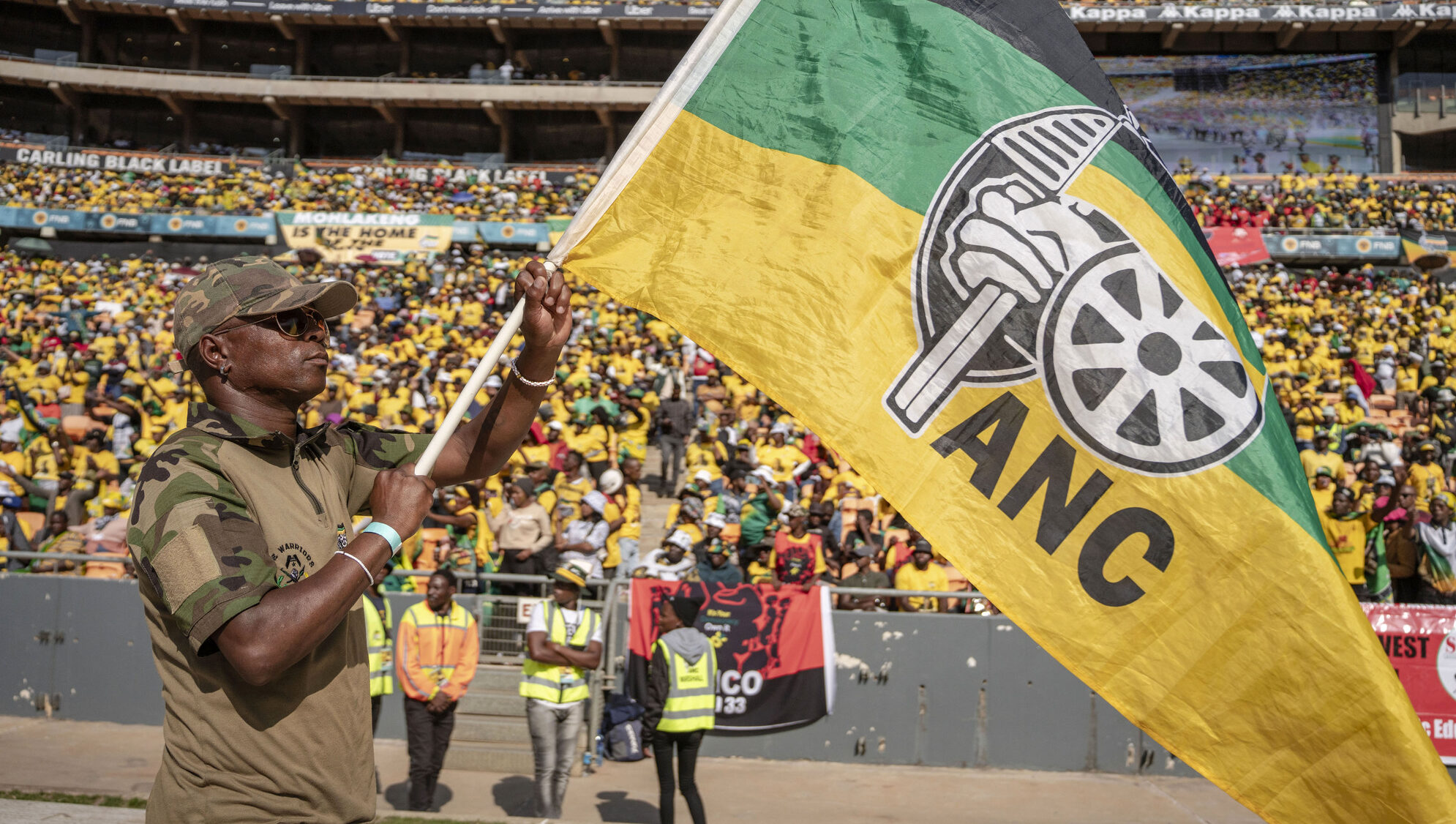On Wednesday, South Africa took a big step into the unknown. For years, the ruling ANC (African National Congress) had been the devil the country knew. Although it had strayed far from its idealistic origins and became mired in corruption, cronyism and incompetence, at least it gave the country a certain stability. Businesses could plan their investment decisions secure in the knowledge the party would still be in office when they came to fruition, and you could leave the country for a few years of study and know that you’d return to find it much as you’d left it, if a little more pot-holed.
Not anymore. In an election that ended 30 years of ANC hegemony, the party lost more than a quarter of its support and will hold a minority of seats in parliament, forcing it into some kind of coalition with one of three smaller parties. Two of them, Jacob Zuma’s MK (Umkhonto we Sizwe) and Julius Malema’s EFF (Economic Freedom Fighters), sprang out of dissent movements ejected from the ANC. The third, the DA (Democratic Alliance) and the biggest of the three, emerged from the liberal opposition to the old apartheid regime and was long seen as the white party, though in fact most of its support now comes from black voters.
If the ANC can be thought of as social democrats with a penchant for state intervention in the economy, it is nonetheless a classic congress party with different factions, including economic conservatives. The EFF and MK, however, are openly radical. The DA, which runs Western Cape Province, one of the country’s three major provinces, favours a broadly conservative approach to the economy, including limiting affirmative action and reducing spending.
Although together the three opposition parties will comprise a majority in the new parliament, their ideological polarities make it inconceivable they could band together. The ANC and EFF could just about get along, but they’d have a fragile majority nationally and fall short in Gauteng and Kwazulu-Natal, the other two big provinces of the country’s nine. If it’s to retain its place in all eight provincial governments outside the Western Cape, as it’s certain to want to, the ANC will have to partner with either MK or the DA.
Either promises instability. The first option would probably require the resignation of President Cyril Ramaphosa, since he and Zuma detest one another. Zuma was pushed out of the country’s presidency by Ramaphosa and his allies in 2018, and has been angling to get even ever since. Moreover MK is, notwithstanding its claims to the contrary, a personal vehicle of Zuma’s, so it’s unclear how long it will last in its current form. But it’s a safe bet that seeing Zuma back in power, after he was toppled for corruption scandals that brought the economy to its knees, would panic the markets.
A partnership between the ANC and the DA would create a strong government nationally and, along with the DA’s partners in Kwazulu-Natal, probably enable it to prevent that provincial government falling into MK’s hands. Business would cheer, and the markets would rally. But the government would almost certainly be rattled by constant infighting, as the DA and ANC dislike each other.
Coalition negotiations will have begun in earnest. However, what seems clear is that South Africa will probably be headed for a period of instability, and possibly revolving governments, as it experiments with this strange new beast of coalition rule. In the long run, consensual rule may be good for South African democracy. But in the short run it’s likely to give the country’s citizens vertigo.











Join the discussion
Join like minded readers that support our journalism by becoming a paid subscriber
To join the discussion in the comments, become a paid subscriber.
Join like minded readers that support our journalism, read unlimited articles and enjoy other subscriber-only benefits.
Subscribe